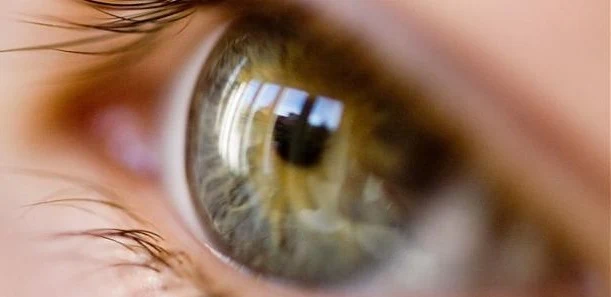Elderly people are more susceptible to infection.. All you need to know about night blindness
Night blindness is a type of visual impairment also known as nyctalopia. People with night blindness have poor vision at night or in dimly lit environments.
Although the term "night blindness" indicates that you cannot see at night, this is not the case, and you may find it more difficult to see or drive in the dark.
Some types of night blindness can be treated while others cannot. Visit your doctor to determine the underlying cause of your vision impairment. Once you know the cause of the problem, you can take steps to correct your vision.
What causes night blindness?
Some eye conditions can cause night blindness, including:
Myopia, or blurred vision when looking at distant objects
Cataracts or clouding of the eye lens
retinitis pigmentosa, which occurs when dark pigment collects in the retina and creates tunnel vision
Older people are more likely to develop cataracts, and therefore they are more likely to develop night blindness due to cataracts than children or young adults.
In rare cases in the United States or in other parts of the world where diets may differ, vitamin A deficiency can also lead to night blindness.
Vitamin A, also known as retinol, plays a role in converting nerve impulses into images in the retina. The retina is a light-sensitive area at the back of the eye.
People with pancreatic insufficiency, such as individuals with cystic fibrosis, have difficulty absorbing fats and are more likely to develop vitamin A deficiency because vitamin A is fat-soluble. This puts them at greater risk of developing night blindness.
People with high blood glucose (sugar) levels or diabetes also have a higher risk of developing eye diseases, such as cataracts.
What are the treatment options for night blindness?
Your eye doctor will take a detailed medical history and examine your eyes to diagnose night blindness. You may also need to take a blood sample. A blood test can measure levels of vitamin A and glucose.
Can treat night blindness caused by nearsightedness, cataracts, or vitamin A deficiency. Corrective lenses, such as eyeglasses or contact lenses, can improve myopic vision during the day and at night.
Tell your doctor if you still have trouble seeing in dim light, even with corrective lenses.
eye lens darkening
The cloudy parts of your eye's lens are known as cataracts.
Cataracts can be removed through surgery. The surgeon will replace the cloudy lens with a clear artificial lens. Your night blindness will improve significantly after surgery if this is the underlying cause.
Vitamin A deficiency
If your vitamin A levels are low, your doctor may recommend a vitamin supplement. Take the supplement exactly as directed.
Most people do not have a vitamin A deficiency because they are given proper nutrition.
genetic conditions
Genetic conditions that cause night blindness, such as retinitis pigmentosa, cannot be treated. The gene that causes pigment buildup in the retina does not respond to corrective lenses or surgery.
People with this type of night blindness should avoid driving at night.

